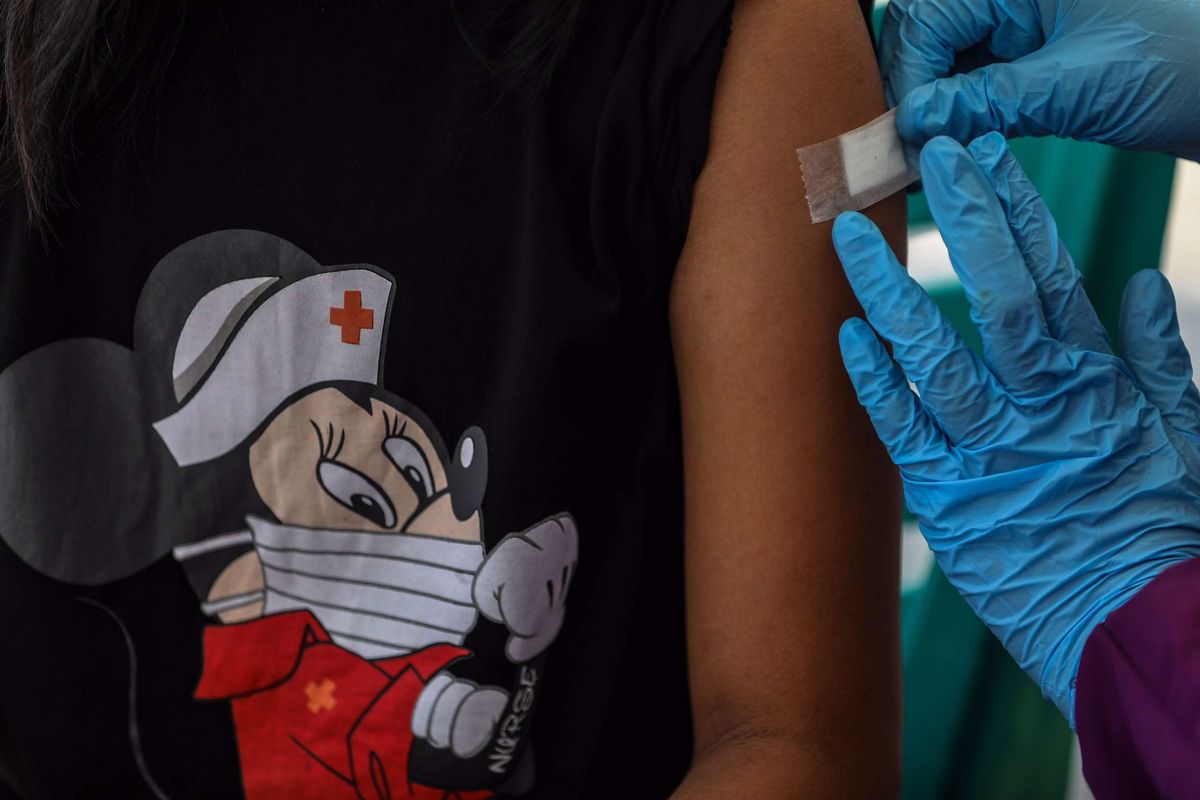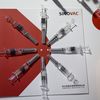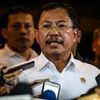Covax Initiative to Supply Covid-19 Vaccine to World’s Poor Faces Trouble

LONDON, KOMPAS.com - The humanitarian project aimed at delivering Covid-19 vaccines to the world’s poor, Covax, is facing many hurdles and recently, skepticism.
Covax was conceived as a way of giving countries access to coronavirus vaccines regardless of their wealth.
The Covax project is being led by several entities including the WHO, Gavi, and the Coalition for Epidemic Preparedness Innovations, or CEPI.
The Bill & Melinda Gates Foundation supports public-private alliances CEPI and Gavi which buys immunizations for 60 percent of the world’s children.
Read also: Indonesia Expects Covid-19 Vaccine From Gavi Covax Facility By 2021
Among the slew of challenges, the project is now facing are potential shortages of money, cargo planes, refrigeration and vaccines themselves — and is running into skepticism even from some of those it's intended to help most.
In one of the biggest obstacles, rich countries have locked up most of the world’s potential vaccine supply through 2021, and the US and others have refused to join the project, called Covax.
“The supply of vaccines is not going to be there in the near term, and the money also isn’t there,” warned Rohit Malpani, a public health consultant who previously worked for Doctors Without Borders.
Covax’s aim is to buy 2 billion doses by the end of 2021, though it isn't yet clear whether the successful vaccine will require one dose or two for the world's 7.8 billion people.
Countries taking part in the project can either buy vaccines from Covax or get them for free, if needed.
Read also: Indonesia to Make $223.6 Million Down Payment for Covid-19 Vaccine
One early problem that has emerged: Some of the world's wealthiest nations have negotiated their own deals directly with drug companies, meaning they don't need to participate in the endeavor at all.
China, Russia and the US have said they do not intend to join. Other countries, including France and Germany, will technically join Covax but won't procure vaccines for their citizens via the initiative.
Not only that, but firm agreements with Covax came in too late to prevent more than half of all potential doses being snapped up by countries representing 13% of the world’s population, according to an Oxfam study.
“As a continent of 1.2 billion people, we still have concerns,” Africa Centers for Disease Control and Prevention director John Nkengasong said Thursday.


































